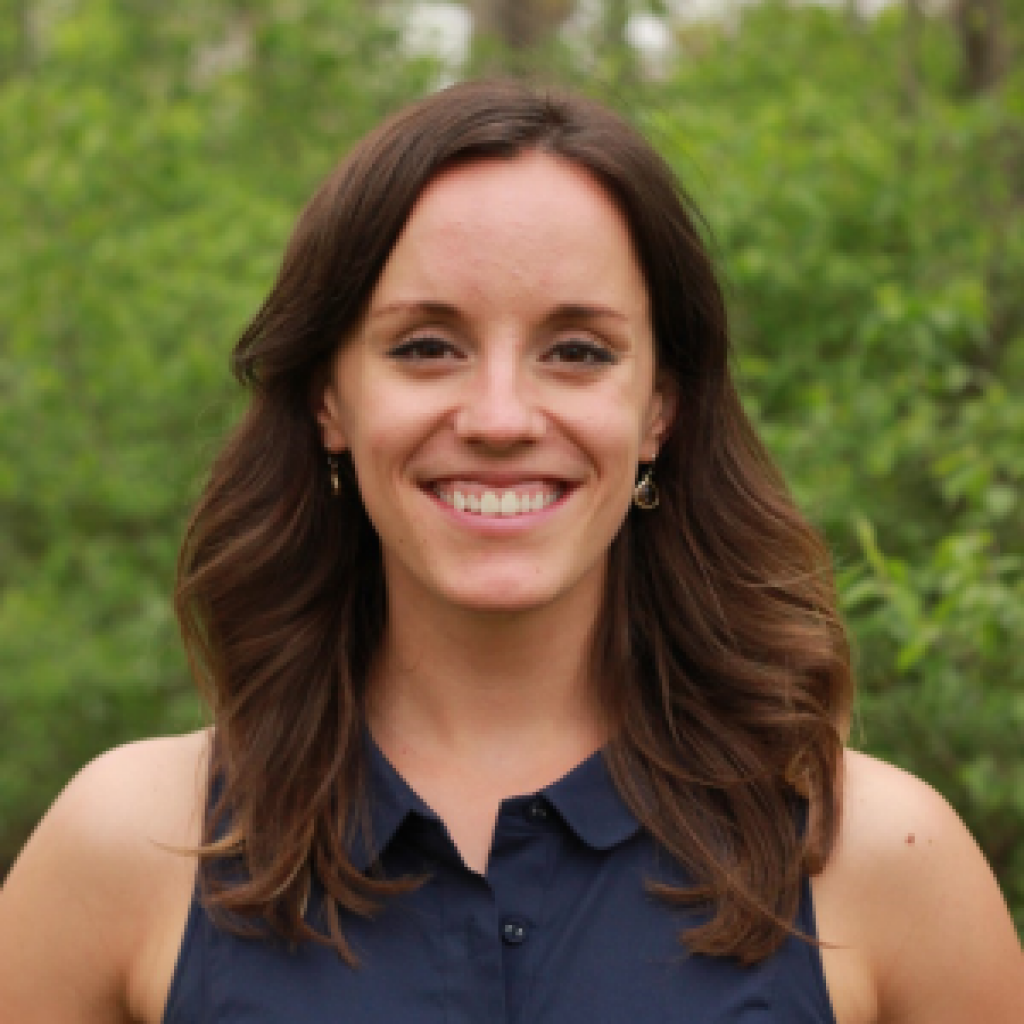MossRehab Research Institute Senior Scientists Umesh Venkatesan, PhD, and Shailesh Kantak, PhD, PT, as well as NIH T32 Postdoctoral Fellow Erica Barhorst-Cates, PhD, recently received research grants from the Albert Einstein Society of Einstein Healthcare Network. These research programs will help advance MRRI’s mission to improve the lives of individuals with neurological disabilities with new clinical treatments.
Discovering the Relationship of Childhood Experiences to Brain Trauma Injuries
Dr. Venkatesan, director of the Brain Trauma and Behavior Lab, will investigate the relationship of Adverse Childhood Experiences (ACEs) to behavioral health in adults with moderate-to-severe traumatic brain injury (TBI). ACEs such as physical and psychological abuse are associated with many negative health effects such as increased risks for sustaining a TBI among the general adult population. Accounting for earlier life experiences may prove important in prognosis and treatment planning for individuals after TBI.
Findings from Dr. Venkatesan’s work will serve as the foundation for a research program further evaluating how health status after injury reflects early social conditions that “set the tone” for life. Results will help build a framework for treatment that integrates experiential variables with less-modifiable factors (e.g., demographics, injury severity) to personalize interventions and mitigate treatment barriers for optimized recovery. Learn more about the Brain Trauma and Behavior Lab at MRRI.
Using Virtual Reality to Determine Arm Preference After Stroke
Dr. Kantak, who directs the Neuroplasticity and Motor Behavior Lab, will collaborate with Cognition and Action Lab Director Laurel Buxbaum, PsyD, to examine how cognitive mechanisms of attention and effort influence arm choice and performance of 3-D reaching movements after stroke. The team will systematically manipulate cognitive effort by altering task difficulty and introducing a dual-task as participants reach to touch specified targets in a virtual reality (VR) environment.
Based on results, Dr. Kantak will determine if data supports the idea that under high-cognitive effort conditions, stroke patients will choose their less affected arm more frequently compared to low-cognitive effort conditions. Research also will determine if arm choice, as assessed in the VR environment, predicts actual preference in the real world using accelerometry. In addition, the team will explore how brain representation of the more affected arm relative to the less unaffected arm relates to the frequency of arm choice after stroke. This study will set the stage for future investigations to quantitatively assess and treat arm nonuse after stroke. Click here to learn more about VR research at MRRI.
Assessing Navigation Difficulties with Stroke Victims
Dr. Barhorst-Cates, NIH T32 postdoctoral fellow, along with Laurel Buxbaum, PsyD, and Cognitive-Motor Learning Lab director Aaron Wong PhD, will study spatial navigation deficits in stroke patients. While approximately 30% of stroke victims report difficulties with moving about and remembering important locations and routes, patients rarely are assessed for navigation difficulties in a rehabilitation setting.
The researchers will test the navigation abilities of stroke patients as well as neurotypical individuals in a real-world environment. Tests will measure both movement (walking and balance) and cognitive abilities (memory and attention) of participants. The researchers will assess the relationship of these abilities to navigation as well as how lesion location in the brain affects performance. This project will offer a greater understanding of navigation deficits following stroke and the characteristics of individuals who might have difficulties with spatial navigation. Click here to learn more about MRRI’s NIH T32 training program.







2 comment on “MRRI Scientists Awarded Grants to Support Innovative Research Projects in Neurorehabilitation”